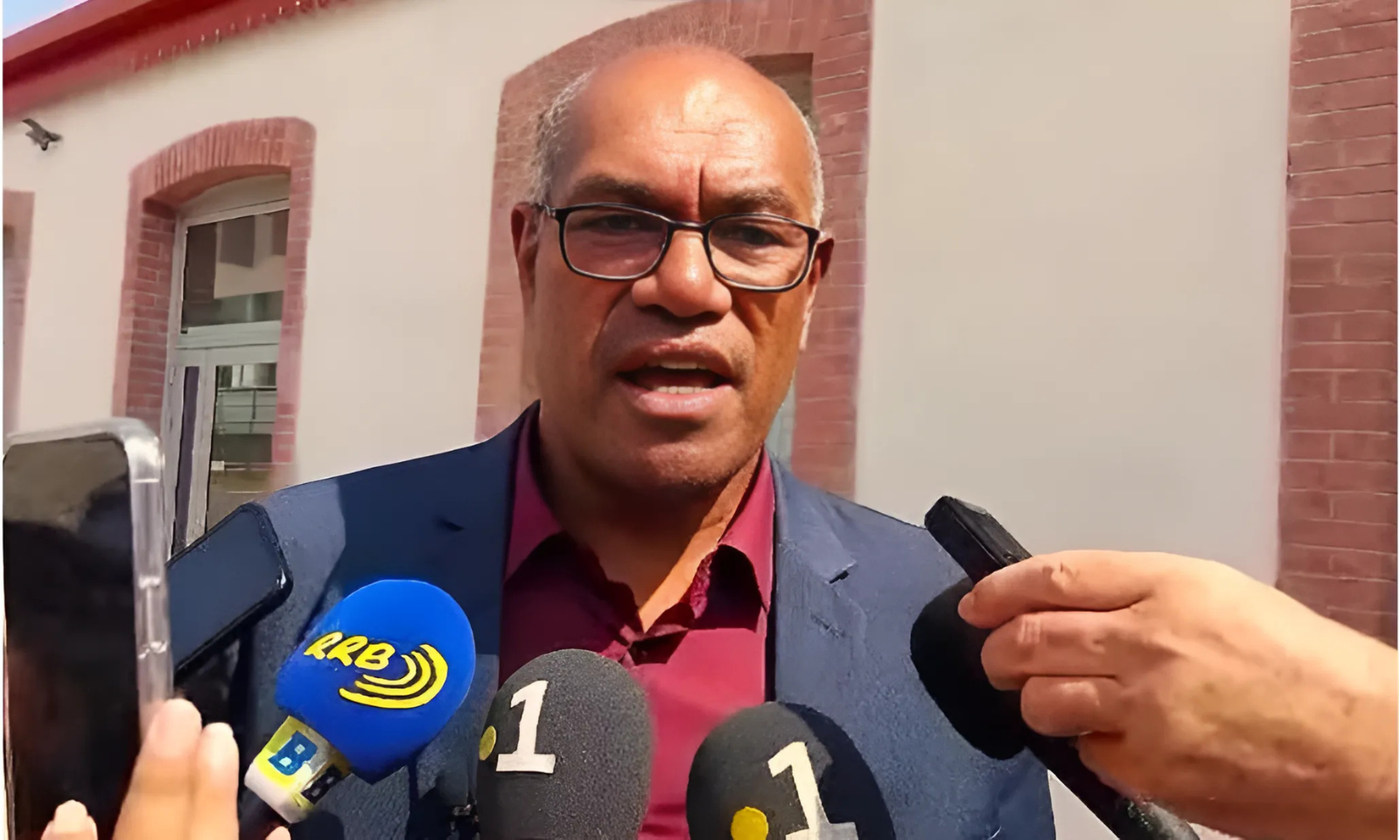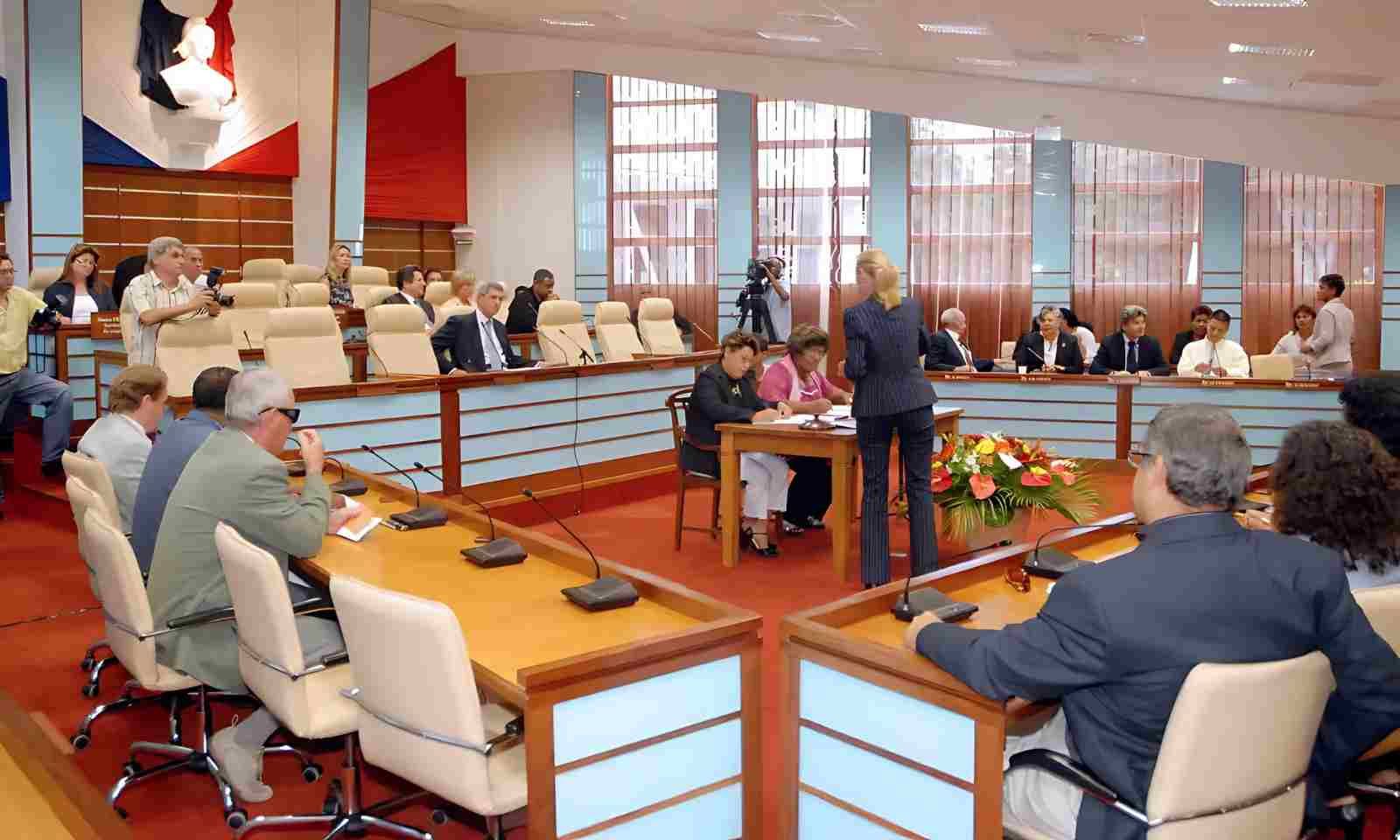

New Caledonia’s main pro-independence alliance has condemned France’s latest plan to delay regional elections, warning the move risks reigniting tensions in the Pacific territory still recovering from deadly unrest earlier this year.
Photo/FLNKS
Pro-independence leaders reject further election delay amid ongoing tensions
The disputed vote in New Caledonia, already postponed twice, has become a flashpoint in the broader fight over Kanak self-determination and France’s colonial legacy.



Last-gasp drama and big statements set up Pacific blockbuster in Super Rugby opener

A.R.T sets new Pacific music pace with ‘First Thursday’ releases




Last-gasp drama and big statements set up Pacific blockbuster in Super Rugby opener

A.R.T sets new Pacific music pace with ‘First Thursday’ releases

The pro‑independence coalition Kanak and Socialist National Liberation Front (FLNKS) in New Caledonia has publicly denounced proposals to postpone the French Pacific territory’s upcoming regional/provincial elections.
The group is calling on the French government in Paris to go ahead with the vote next month using the current electoral roll.
The FLNKS held a news conference in Nouméa on Saturday (New Zealand time) to express their opposition after the French Senate approved a bill that would delay the elections, currently scheduled under the territory’s rules, until next year. I
In that conference, FLNKS representative Romuald Pidjot reportedly criticised the decision: “They are repeating the same mistakes,” he told those gathered, citing earlier election delays and changes in the voting list, which he says had already triggered unrest, including the 13 May 2024 uprising.
“The administering power’s (France) contempt towards our struggle for recognition as the colonised people.”
On 3 August 2025, New Caledonia President Alcide Ponga outlined the challenge of implementing the Bougival Accord, saying the territory must “transform the Bougival Accord from a political agreement to a legal one”.

Ponga told ABC Australia that the accord was more of a “compromise” than an ideal agreement. Ponga has also highlighted his focus on economic rebuilding.
According to local media, the territory’s legislature (the Congress) has previously voted in favour of further postponement: 39 out of 52 votes (75 per cent) approved a third delay of the provincial elections (originally scheduled for May 2024) to a date not later than June 2026.
The French Senate’s endorsement last week is seen as the first major parliamentary step to implement the delay bill. The lower house, the National Assembly, will next consider it.

The Congress of New Caledonia assembly. Photo/Congrès de la Nouvelle-Calédonie
Why the delay is contentious
The dispute centres on several interlocking issues, including Electoral eligibility. Under the existing “frozen” electoral roll regime in New Caledonia, only people who met strict eligibility criteria (for example, living there before a specific date) can vote in provincial elections.
Opponents of the status quo argue that the list is exclusionary; many Kanak independence supporters view any expansion of the roll as diluting indigenous Kanak voting power.
The territory erupted into serious unrest in May 2024, after a French constitutional reform pushed through changes to voting eligibility that many Kanaks rejected. That unrest left more than a dozen people dead and triggered a state of emergency.
On 12 July 2025, the French government and New Caledonian parties signed a 13‑page accord meant to redefine the territory’s status (creating dual French/New Caledonian citizenship, new voter‑residency rules, and a roadmap for institutional reform).
The prospect of delaying the elections further is seen by some as undermining that process. For the FLNKS, delaying the vote again and doing so under changed electoral rules risks a further erosion of the territory’s democracy and increases the sense of political alienation among Kanak communities.
The FLNKS formally rejected the Bougival agreement in August 2025, calling it “incompatible” with their goal of full sovereignty and saying the accord “bears a logic of recolonisation”.

New Caledonia reopened to tourists in March following nearly a year of political unrest. Photo/Tourism New Caledonia
Meanwhile, the French government under Prime Minister Sébastien Lecornu announced on 14 October that it intends to propose institutional reform texts before the end of 2025, and hold a public consultation in Spring 2026 for New Caledonians.
Local commentators note that the FLNKS camp is itself fragmented: more moderate elements have stepped back from the alliance, complicating internal solidarity and strategy.
What happens next
If the bill passes the National Assembly, the election date will be moved - possibly to June 2026 as the Congress resolution suggests. The issue of which electoral roll to use remains unresolved: whether to freeze it at the historic criteria or expand it under new residency rules remains a fault‑line.
With the FLNKS rejecting the Bougival Accord, the risk of renewed unrest remains. The territory continues to carry the legacy of last year’s violence. The French government must balance the twin goals of maintaining order and legitimacy while addressing long‑standing Kanak demands for self‑determination.
But the postponement of elections in New Caledonia has become far more than a scheduling issue. It is now a flashpoint in the territory’s fraught relationship with France, touching on identity, democracy and the legacy of colonial rule.
The coming weeks will test whether dialogue can hold or whether further instability may spiral.
Timeline of the election delays
Originally, provincial elections were scheduled for May 2024.
First postponement to 15 December 2024.
Then postponed to no later than 30 November 2025.
Latest: a target date of around June 2026 under the organic law plan.